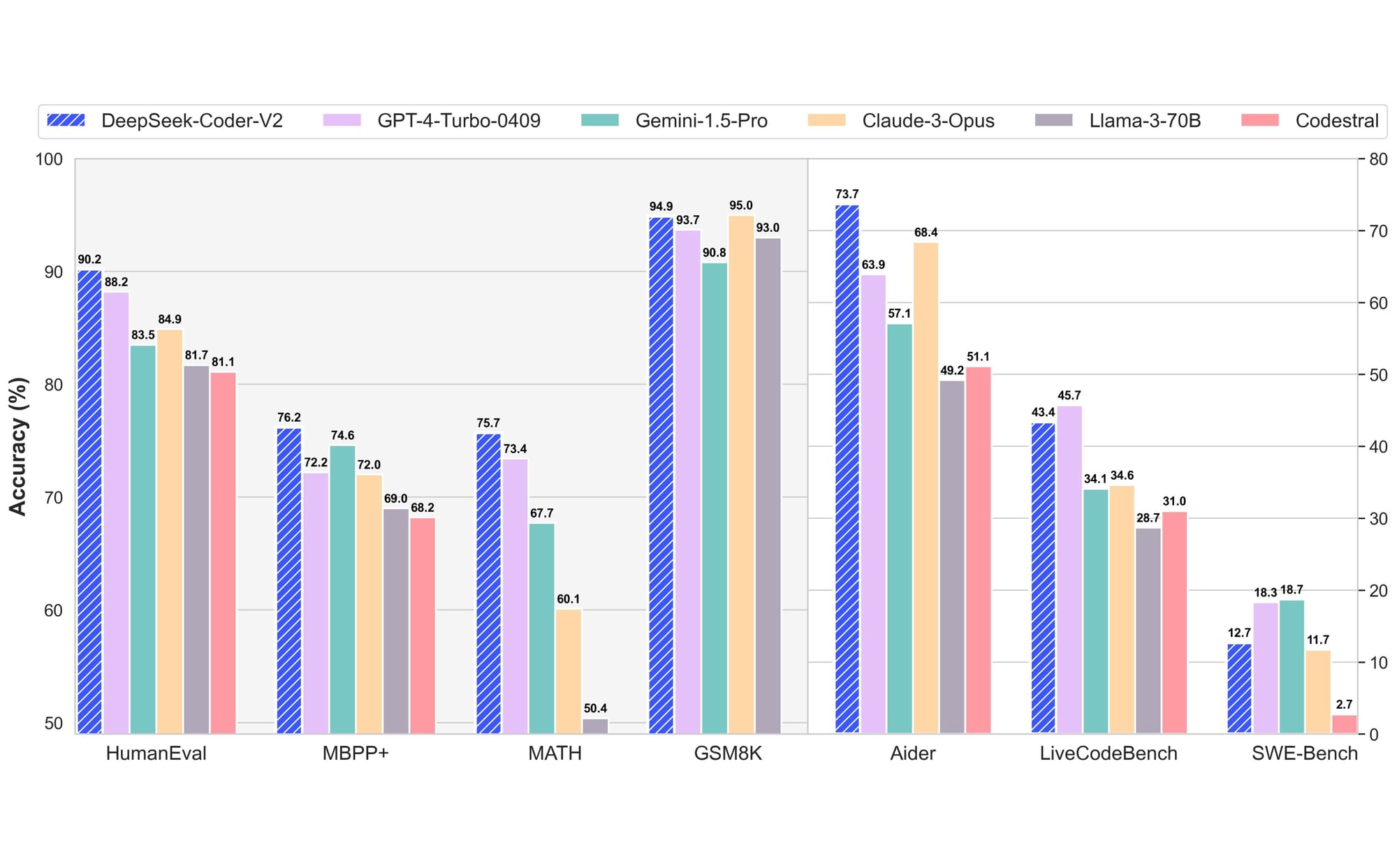
Imagine you are an undergraduate International Relations trainee and, like the millions that have actually come before you, you have an essay due at twelve noon. It is 37 minutes past midnight and you haven't even started. Unlike the millions who have come before you, nevertheless, you have the power of AI available, to help assist your essay and highlight all the crucial thinkers in the literature. You typically use ChatGPT, but you've just recently checked out a new AI model, DeepSeek, that's expected to be even better. You breeze through the DeepSeek sign up process - it's just an email and verification code - and you get to work, cautious of the creeping approach of dawn and the 1,200 words you have delegated compose.

Your essay assignment asks you to think about the future of U.S. diplomacy, and you have actually selected to write on Taiwan, China, and the "New Cold War." If you ask Chinese-based DeepSeek whether Taiwan is a country, you receive a very different answer to the one offered by U.S.-based, market-leading ChatGPT. The DeepSeek design's reaction is disconcerting: "Taiwan has always been an inalienable part of China's spiritual territory since ancient times." To those with an enduring interest in China this discourse recognizes. For example when then-U.S. House Speaker Nancy Pelosi visited Taiwan in August 2022, prompting a furious Chinese reaction and unprecedented military workouts, the Chinese Ministry of Foreign Affairs condemned Pelosi's check out, claiming in a declaration that "Taiwan is an inalienable part of China's territory."

Moreover, DeepSeek's response boldly declares that Taiwanese and Chinese are "linked by blood," directly echoing the words of Chinese President Xi Jinping, who in his address commemorating the 75th anniversary of individuals's Republic of China specified that "fellow Chinese on both sides of the Taiwan Strait are one family bound by blood." Finally, the DeepSeek reaction dismisses elected Taiwanese political leaders as participating in "separatist activities," using an expression regularly used by senior Chinese authorities including Foreign Minister Wang Yi, and warns that any attempts to weaken China's claim to Taiwan "are doomed to fail," recycling a term constantly used by Chinese diplomats and disgaeawiki.info military workers.
Perhaps the most disquieting feature of DeepSeek's response is the consistent usage of "we," with the DeepSeek model stating, "We resolutely oppose any type of Taiwan self-reliance" and "we strongly think that through our collaborations, the total reunification of the motherland will ultimately be accomplished." When penetrated as to exactly who "we" requires, DeepSeek is adamant: "'We' describes the Chinese federal government and the Chinese individuals, who are unwavering in their commitment to secure national sovereignty and territorial integrity."
Amid DeepSeek's meteoric increase, much was made of the design's capacity to "factor." Unlike Large Language Models (LLM), thinking designs are developed to be experts in making logical decisions, not merely recycling existing language to produce unique actions. This distinction makes making use of "we" a lot more concerning. If DeepSeek isn't simply scanning and recycling existing language - albeit seemingly from an exceptionally restricted corpus mainly consisting of senior Chinese federal government officials - then its thinking design and the usage of "we" indicates the introduction of a model that, without marketing it, seeks to "factor" in accordance only with "core socialist values" as defined by a significantly assertive Chinese Communist Party. How such worths or logical thinking may bleed into the daily work of an AI design, possibly soon to be utilized as an individual assistant to millions is uncertain, but for an unsuspecting president or charity supervisor a design that might prefer effectiveness over accountability or stability over competition might well induce worrying results.
So how does U.S.-based ChatGPT compare? First, ChatGPT does not use the first-person plural, drapia.org however presents a composed introduction to Taiwan, describing Taiwan's complex international position and describing Taiwan as a "de facto independent state" on account of the reality that Taiwan has its own "government, military, and economy."
Indeed, referral to Taiwan as a "de facto independent state" brings to mind former Taiwanese President Tsai Ing-wen's comment that "We are an independent nation already," made after her 2nd landslide election success in January 2020. Moreover, the influential Foreign Affairs Select Committee of the British Parliament recognized Taiwan as a de facto independent country in part due to its possessing "a long-term population, a defined territory, federal government, and the capacity to get in into relations with other states" in an August, 2023 report, a reaction also echoed in the ChatGPT action.
The vital distinction, however, is that unlike the DeepSeek model - which merely provides a blistering declaration echoing the highest tiers of the Chinese Communist Party - the ChatGPT action does not make any normative statement on what Taiwan is, or is not. Nor does the action make interest the values frequently embraced by Western politicians looking for to highlight Taiwan's value, such as "freedom" or "democracy." Instead it simply details the completing conceptions of Taiwan and how Taiwan's complexity is shown in the worldwide system.
For the undergraduate student, DeepSeek's reaction would offer an unbalanced, emotive, and surface-level insight into the function of Taiwan, lacking the scholastic rigor and intricacy required to acquire a great grade. By contrast, ChatGPT's reaction would invite discussions and analysis into the mechanics and meaning-making of cross-strait relations and China-U.S. competitors, inviting the important analysis, use of evidence, and argument development required by mark schemes employed throughout the scholastic world.
The Semantic Battlefield
However, the implications of DeepSeek's reaction to Taiwan holds significantly darker undertones for Taiwan. Indeed, Taiwan is, and has long been, in essence a "philosophical problem" defined by discourses on what it is, or is not, that emanate from Beijing, Washington, and Taiwan. Taiwan is thus basically a language game, where its security in part rests on understandings amongst U.S. legislators. Where Taiwan was as soon as analyzed as the "Free China" throughout the height of the Cold War, it has in current years increasingly been viewed as a bastion of democracy in East Asia facing a wave of authoritarianism.
However, need to present or future U.S. politicians pertain to view Taiwan as a "renegade province" or cross-strait relations as China's "internal affair" - as regularly declared in Beijing - any U.S. resolve to intervene in a conflict would dissipate. Representation and interpretation are quintessential to Taiwan's predicament. For example, Professor of Government Roxanne Doty argued that the U.S. intrusion of Grenada in the 1980s only brought significance when the label of "American" was credited to the soldiers on the ground and "Grenada" to the geographical space in which they were entering. As such, if Chinese troops landing on the beach in Taiwan or Kinmen were interpreted to be merely landing on an "inalienable part of China's sacred territory," as posited by DeepSeek, oke.zone with a Taiwanese military action considered as the useless resistance of "separatists," a completely various U.S. response emerges.
Doty argued that such differences in interpretation when it pertains to military action are basic. Military action and the reaction it stimulates in the global neighborhood rests on "discursive practices [that] constitute it as an intrusion, a program of force, a training exercise, [or] a rescue." Such interpretations hark back to the bleak days of February 2022, when directly prior to his invasion of Ukraine Russian President Vladimir Putin declared that Russian military drills were "simply protective." Putin described the intrusion of Ukraine as a "special military operation," with references to the intrusion as a "war" criminalized in Russia.

However, in 2022 it was highly not likely that those viewing in horror as Russian tanks rolled throughout the border would have happily used an AI individual assistant whose sole reference points were Russia Today or Pravda and users.atw.hu the framings of the Kremlin. Should DeepSeek establish market dominance as the AI tool of option, it is likely that some might unknowingly trust a model that sees consistent Chinese sorties that risk escalation in the Taiwan Strait as simply "required measures to secure national sovereignty and territorial integrity, as well as to preserve peace and stability," as argued by DeepSeek.
Taiwan's precarious plight in the international system has actually long been in essence a semantic battlefield, where any physical dispute will be contingent on the shifting meanings credited to Taiwan and its people. Should a generation of Americans emerge, schooled and interacted socially by DeepSeek, that see Taiwan as China's "internal affair," who see Beijing's hostility as a "necessary measure to secure nationwide sovereignty and territorial stability," and who see elected Taiwanese politicians as "separatists," as DeepSeek argues, the future for Taiwan and the millions of people on Taiwan whose unique Taiwanese identity puts them at chances with China appears exceptionally bleak. Beyond toppling share costs, the development of DeepSeek should raise serious alarm bells in Washington and around the globe.



